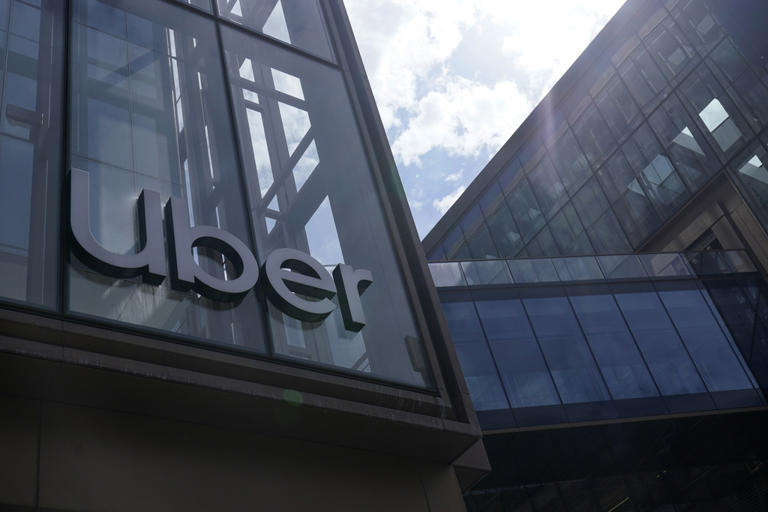The Justice Department filed a civil lawsuit against Uber Technologies Inc., alleging the company discriminated against riders with disabilities, including people traveling with service dogs and those using stowable wheelchairs. The lawsuit, which was filed on Thursday in the U.S. District Court for the Northern District of California, asks for $125 million for people who have already complained, as well as a court order demanding changes to policies, training for staff and drivers, and a civil penalty.
The lawsuit, filed by DOJ, alleges Uber violated Title III of the Americans with Disabilities Act (ADA), which prohibits discrimination based on disability by private transportation companies like Uber. The ADA also requires Uber to allow service animals to accompany individuals with disabilities in vehicles and to provide rides to, and assist, riders with stowable wheelchairs and mobility devices.
According to the Justice Department’s complaint, Uber and its drivers have “routinely” refused rides to disabled passengers; charged impermissible cleaning fees for service-animal shedding; assessed cancellation fees when drivers unlawfully denied service; and failed to make reasonable policy modifications–such as allowing a rider to sit in the front seat when needed to store a mobility device. The DOJ says these practices caused riders to miss appointments, face significant delays, and be stranded in bad weather.
Assistant Attorney General Harmeet K. Dhillon said the case aims to “end persistent discrimination” and ensure disabled riders can use Uber on equal terms, as quoted by the Justice Department. “Rideshare companies like Uber are prohibited from denying riders with disabilities the same access to transportation that riders without disabilities enjoy,” said U.S. Attorney Craig H. Missakian of the Northern District of California. “This complaint underscores the United States’ commitment to enforcing the ADA’s promise of equal access,” he added.
Uber disputed the DOJ’s allegations. In a statement, the company said it maintains a “zero-tolerance policy” for confirmed service denials, requires U.S. drivers to acknowledge accessibility rules before using the app, and takes “decisive action,” including permanent deactivation, when violations are confirmed. Uber also pointed to training, technology investments, and a 24/7 service-animal denial hotline.
A global media for the latest news, entertainment, music fashion, and more.














